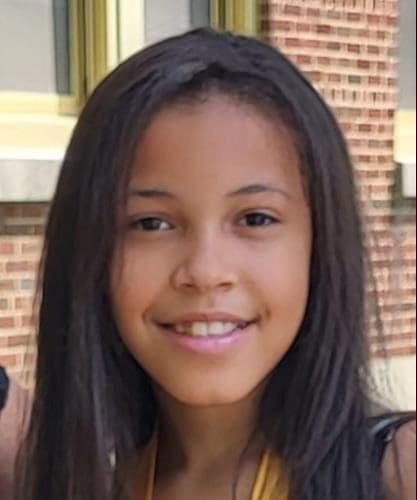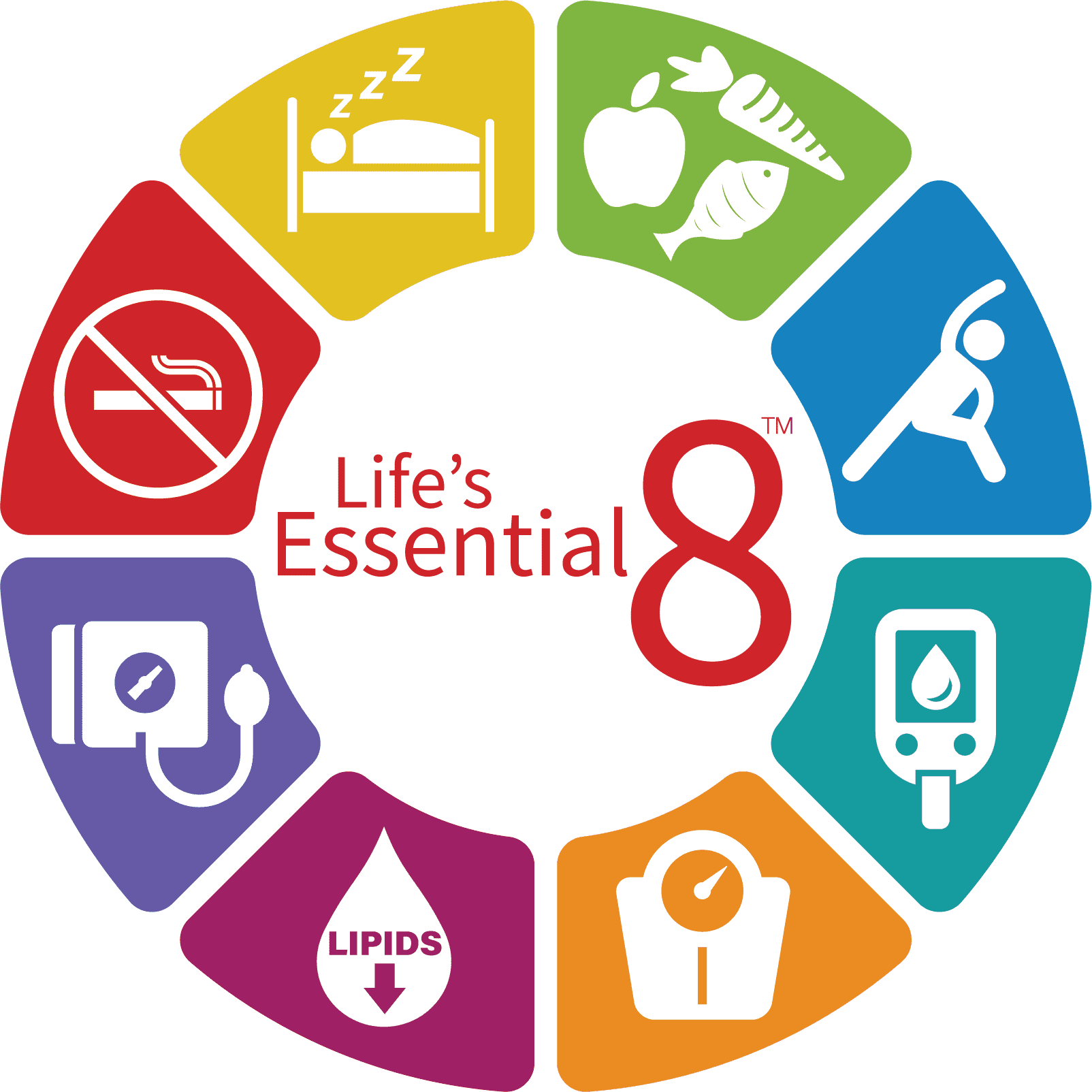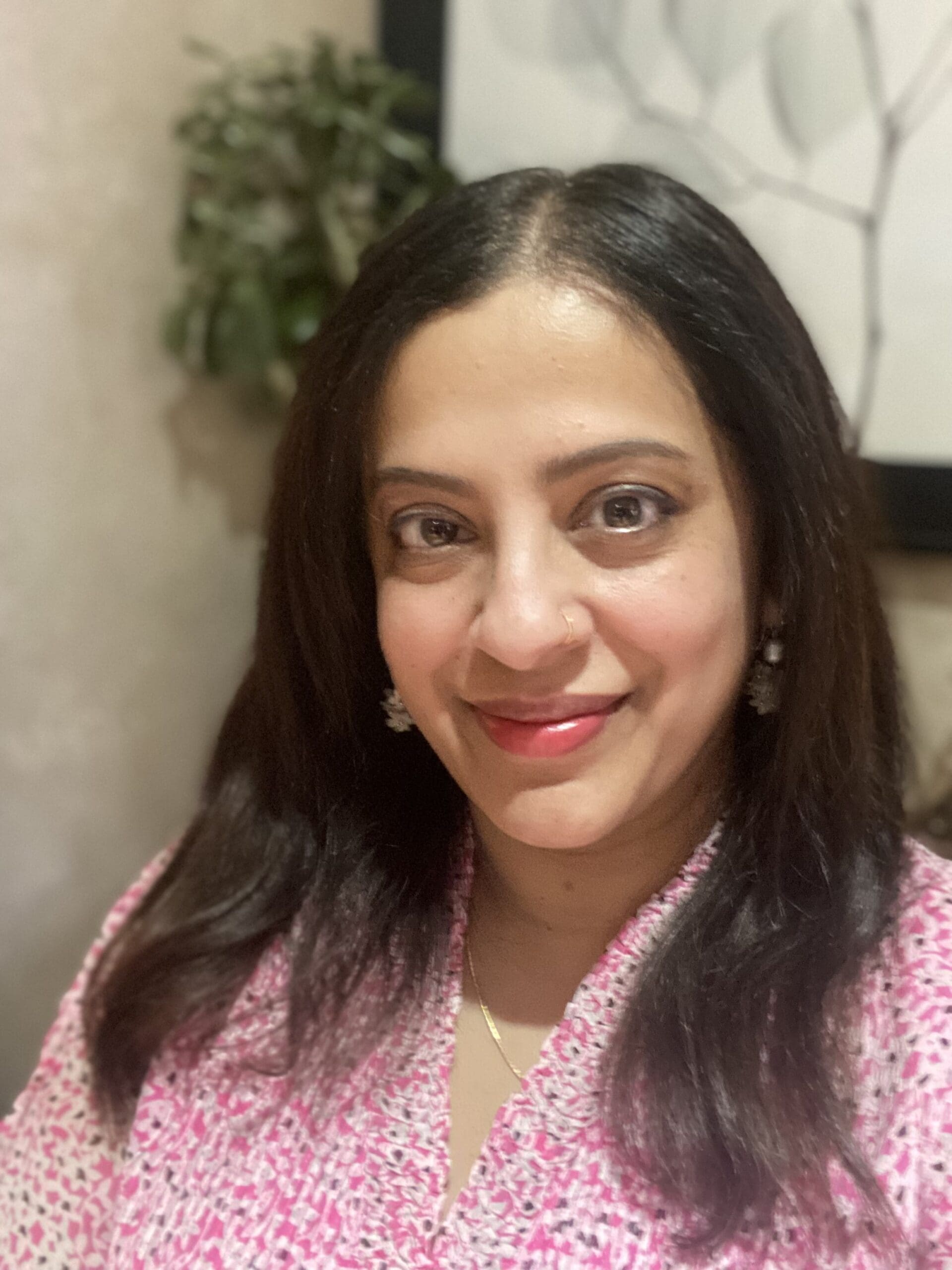Robyn Crane
Robyn Crane is a financial expert known for hosting the TV show “The Financial G-Spot” and the radio show “Let’s Talk Money.” She has written four best selling books, the latest of which is “Make More Money, Help More People.” Her successful FEMM Mentorship program has helped women entrepreneurs double or triple their income; she’ll soon be launching a FEMM podcast. She has been featured on ABC, The Motley Fool, and Fox Business News. She is one of the keynote speakers at the WISE Symposium. She spoke to Syracuse Woman Magazine for this edition.
Tell me about yourself.
My dad was an engineer and my mom was a schoolteacher and I had two brothers. But somehow I got the “entrepreneur bug,” and at about 16 I started my first business. I got certified as a swimming instructor and went from house to house, teaching swimming lessons to young kids. I liked working for myself. I liked creating my own income. I liked being able to help people.
I decided at one point to become a singer songwriter because I believed that if I followed my passion, it would lead me somewhere

. I didn’t think I would become successful, but I wanted to give it a try. That didn’t last too long, although I did that for quite a few years. Then I found myself looking for a job and ended up, again, more in an entrepreneurial role.
Today I have an 11-year-old daughter and my son, who is 1 year old.
How did you go from cynical singer songwriters to financial guru?
So as a cynical singer songwriter, I was really enjoying myself. I loved performing. I love to write and create. And it was such a cathartic thing to be able to express myself in a way that was fun and engaging for people. But I felt it just wasn’t fulfilling. I started looking for a job for the first time in my life, really. I had one opportunity to work at a nonprofit organization that I just wasn’t very excited about. And I knew I had a lot to offer the world.
I became a financial advisor and I noticed that the financial products that I was selling weren’t solving all the problems that these people had. I was working with parents of young kids in the Silicon Valley, and they were making six figures but still struggling, and still felt like they were a bad example for their kids. So I got really passionate about that. I started money coaching and started to work on their beliefs and their behaviors.
Eventually I started teaching that as well. And that’s how I got really into business coaching and consulting and doing seminars and trainings for women. Because I was a woman (and still am), I was able to really understand what women go through and the challenges they face, especially in business, and was able to use strategies that were more geared towards women.
“Hell on Earth is meeting the person you could have become.” You quote that on your blog. That’s a thought provoking statement. Can you talk about that for a minute?
When I heard that statement, it was a huge turning point in my life. I was struggling as a financial advisor, making about $2,000 a month, and living in the Silicon Valley. I was at a seminar and the speaker put it on the board. I immediately had this visualization, and there I was in the clouds sitting across from a version of myself. And that version of myself was helping millions of people, was doing seminars and trainings, had books and had podcasts and radio shows and was all over really making a huge, huge impact.
That version of myself was looking back at me, the version that I was, and at that time I felt like I was very negative. I was focusing on the struggle. I knew that wasn’t the best version of myself. When I thought of the person I could have become, and imagining 10 years from now, having the potential to be that person but not being that person, that brought me to tears. I decided I would not sit here and let life happen to me. That’s the day I really stepped up and started doing what I truly love, and that led me to where I am today.
On your website you talk about the Belief Loan Phenomenon. Can you explain that?
The main principle is this: your beliefs influence your behaviors, which influences your success, which again influences your beliefs. You can think of it as an infinity sign.
I like to use this example because it’s simple. If you have the belief “I’m bad at sales,” think about how that affects your behaviors, and your behaviors are your actions. You may not make a phone call. You may not go to a networking event, or if you do, you may not ask someone for their business card or an appointment. Then once you don’t have the success, then you have another belief that perpetuates this and it’s a downward spiral of “Oh, well, if I’m not good at sales, that means also I’ll never make it in business” or “I’m not good enough.”
Now the secret here is that even if you believe you’re not good enough, you can borrow the belief of a mentor or of other peers who’ve gotten results that you want.You don’t have to believe it yet, but borrow that belief just long enough to take the action. Then you’ll find that you get success. Then all of a sudden you believe, wow, you are good at sales.
What is the best piece of advice that you can give to women entrepreneurs?
Get a mentor. You need a mentor or coach because you need to borrow the beliefs from someone and you need someone who has gotten the results that you want and has gotten other people like you results that you want. The second thing that you cannot do without having the mentor is to consistently and constantly step outside your comfort zone. People will not continue to step outside their comfort zone other on their own.
Let’s talk about the FEMM Mentorship.
The FEMM Mentorship (which stands for “Female Empowered Money Makers”) is a six-month program and it’s very, very selective. I only work with women who are totally committed to growing their business and making a bigger impact. What I’m best at is helping women in service industries get paid what they’re worth when they’re really transforming lives. The sky’s the limit when you are providing incredible transformation, there’s really no cap on the amount of money you can make.
Why are you participating in the WISE Symposium?
Because it’s amazing. I love events like this where you’re really helping female entrepreneurs grow their business. So many women out there have so much potential to make such a bigger difference and they’re really phenomenal what they do, but they don’t necessarily have the tools. I’m so passionate about giving them specific, tangible tools that they can apply right away to go stand out, to position themselves as experts, to be able to attract the people in their world who they want to attract.
I know there are incredible women who are going to be at WISE Symposium, and I can’t wait to inspire all of you to go make more money and help more people. I love to be part of that, and I can’t wait to meet you.
Why is it so important for women to support other women, especially in business?
It’s so important for women to support other women because we need the support. Women are constantly beating themselves up. And it’s very sad to me that women will knock other women down or not support other women when we need the support so desperately. But women are constantly beating themselves up. They constantly have doubts.
There’s so much we could do together to create massive transformation in the world. It has to be about coming together, supporting each other and creating massive impact. And this only happens when we come together to do it as one.
Being Boss: Kathleen Shannon and Emily Thompson
Kathleen Shannon and Emily Thompson run “Being Boss,” a podcast for creative entrepreneurs, freelancers, and side-hustlers. The podcast, which launched in January of 2015, has over 200 episodes and more than 6 million downloads. Shannon and Thompson are also the authors of “Being Boss: Take Control of Your Work and Live Life on Your Terms.” They are keynote speakers at the 2019 WISE Symposium. Syracuse Woman Magazine asked them to share a bit about what they do.
Tell me about yourselves. What is your background? Education? Family? How did you end up where you are?
Kathleen: I grew up labeled as a “creative” and that has always been fostered throughout my upbringing. I received a degree from the University of Oklahoma in fine arts and after college started working as a graphic designer. After developing my profession as an art director at an advertising agency my sister and I, in 2011, decided to start our own branding agency called Braid Creative. Braid is where we help creatives, small businesses and organizations blend their authentic personality into their brand and position themselves as experts in their industry. I don’t come from a family of entrepreneurs, so it was a big deal for us to start a business — and a lot of what I share has been my journey of figuring it out as I go.

Emily: Whereas Kathleen was always “creative,” I was always independent and entrepreneurial (but also not coming from a family of entrepreneurs). I was always bossy and wanting to do things my own way. Even though I have a degree in geography, I had my first business as a teenager, and always knew business would be a part of my life. After graduating college, I worked for 10 years helping creatives start online businesses by building websites and guiding them through the world of online business. It wasn’t until recently that I was able to weave together my two passions, geography and business, into Almanac Supply Company, where I make and curate products that help people connect with nature.
How did you come together?
We started reading each other’s blogs in 2008. We would regularly comment on each other’s posts and eventually started meeting up for friendly chats over Skype. We became what we call “business besties” and started sharing the highs and lows of business. We were trading tips on what was working, what wasn’t, and seeking insights from each other.
What made you want to start a podcast?
Emily has always had her finger on the pulse and pitched the idea of a podcast. The “blogosphere” had become saturated and full of surface-level content sponsored by big name brands. We missed sharing the real deal and there was a space in the podcast world for us to publish our behind-the-scenes, “business bestie” conversations.
The podcast started as a way to share our expertise and eventually turned into a business venture of its own.
Do you have a favorite episode? What makes that one your favorite?
We have so many favorite episodes — it’s hard to choose! We’ve had the opportunity to interview brilliant minds like Dr. Brené Brown, Marie Forleo, Ramit Sethi, Rebecca Jarvis, and more! We also love chatting with up-and-coming creatives who are “in it” alongside with us — bosses who are committed to doing the work and sharing what’s working (and what’s not) in the process.
One of our most popular episodes is Episode #79: The Chalkboard Method. In this episode we detail our number one tool for making space for our goals — and it’s by literally making space for them on a chalkboard (or whiteboard, or corkboard) in your office!
How did the book come about?
We always played around with the idea of writing a book, and in late, 2016 Kathleen drew a little book illustration on her chalkboard — the space where she tracks and makes space for goals. The very next day an agent who listened to the podcast and believed in our voice emailed asking if we were interested in writing a book. We put together a proposal and pitched it — just a couple of months later we had a book deal with Running Press and our book, “Being Boss: Take Control of Your Work and Live Life on Your Terms,” published in April 2018.
Many times you’ll hear authors talk about how hard it is to write a book, but we loved the process of getting to write with each other. It was a truly collaborative effort where we were able to hone in on all the things we had been chatting about for years on the podcast and put it into a book — from cultivating confidence and establishing productive habits and routines to creating healthy boundaries and finding balance between doing the work and living the life.
Tell me about the other services you offer — the classes and trainings.
Being Boss is where we talk about the ins and outs of running a business — but neither of us have business degrees! We’re doing this on our own terms and figuring it out as we go. So we’ve taken the tools and resources we’ve used to set our intentions, make big goals, track our money, create marketing and revenue plans, and package it all up in what we call a CEO Day Kit.
We take one day per quarter to put on our CEO Day hat and this is where these worksheets and resources keep us on track with meeting our goals and stay focused on the not-so-creative part of our businesses.
What does Being Boss hope to accomplish?
The workforce is changing. More and more people are beginning to work for themselves for the first time ever and we want to help them feel good and work hard and make money doing what they love… like a boss! We want to show up, generously share what we’ve learned along the way, and support our listeners on their own entrepreneurial journey.
Why are you participating in the WISE Symposium?
We love participating in events like the WISE Symposium. Being Boss attracts a lot of women and it’s because we crave conversation and connection. Women entrepreneurs will change the world and we’re here for it!
“Being Boss is living what you love.” What does that mean to you? How can we achieve that? Is it attainable for everyone?
For us, it’s about knowing what you want and unapologetically going after it. It’s about setting up systems, implementing habits and creating boundaries that keep you motivated, inspired and confident. Though we do believe that employing these things to “live what you love” is possible for everyone, we do like to hone in on the particular struggles of the entrepreneur. And truth be told: being an entrepreneur isn’t for everyone, and that’s okay. But if it is for you, it’s time to do the work.
Why is it so important for women to support other women, especially in business?
Women face unique challenges — many of us carry babies, manage our households andwork full-time jobs. It’s a lot to juggle. So it’s important that we have conversations about how we balance family with our careers, and how we make time to take care of ourselves while taking care of business. It’s also important that we have honest conversations about money and how to make more of it! But this isn’t limited to just women supporting women — it’s about getting men using their privilege to join the conversation and support us too!






You must be logged in to post a comment.